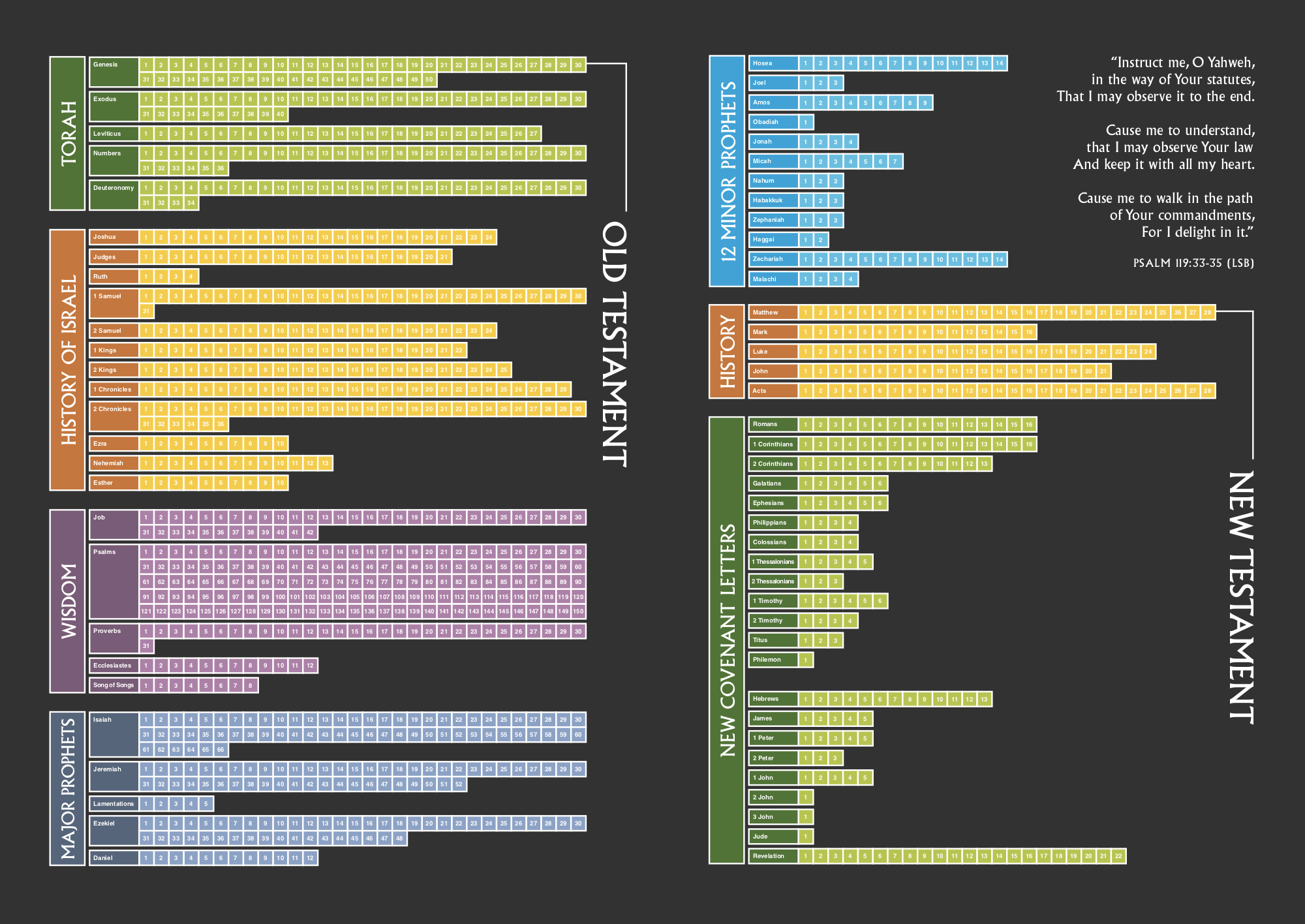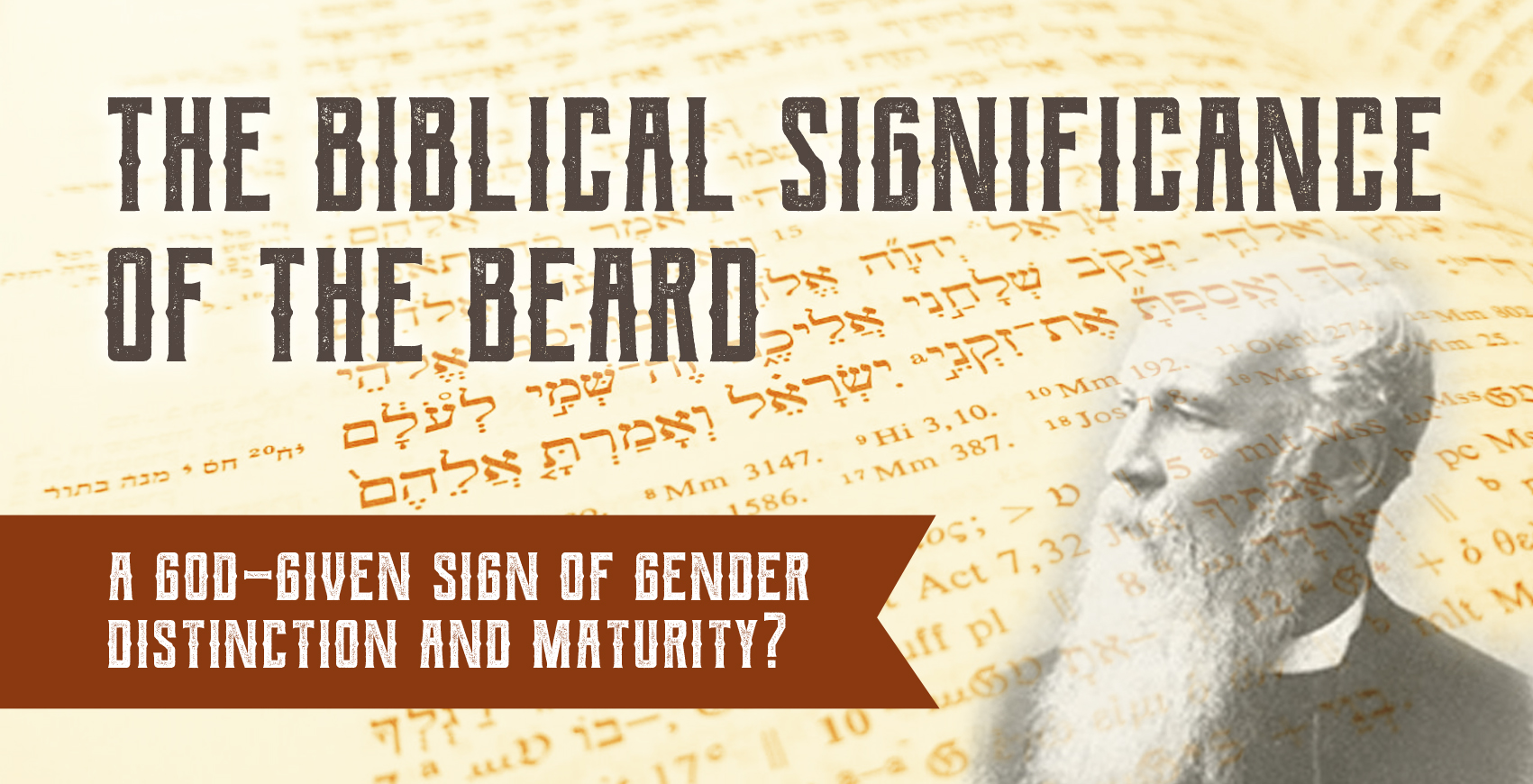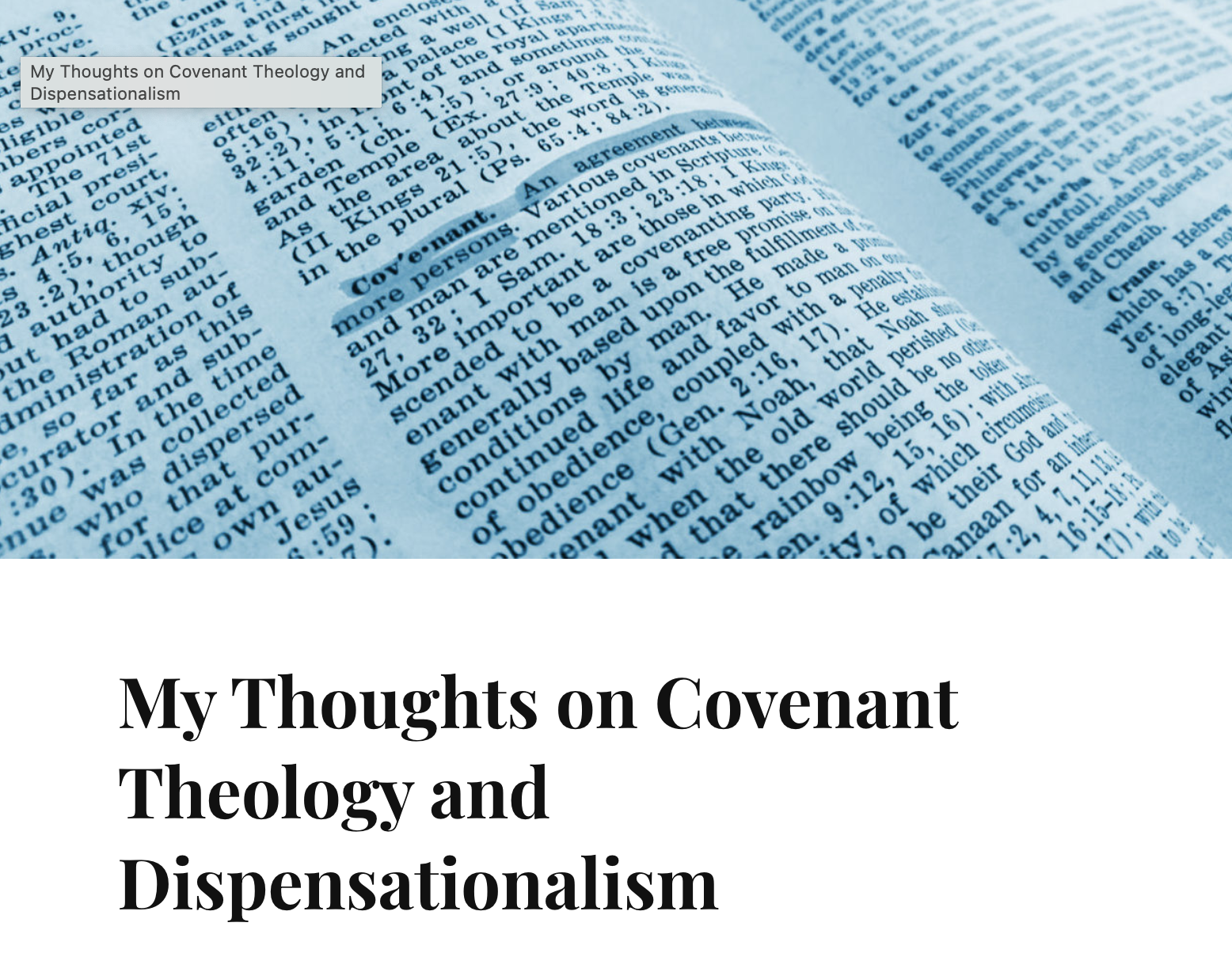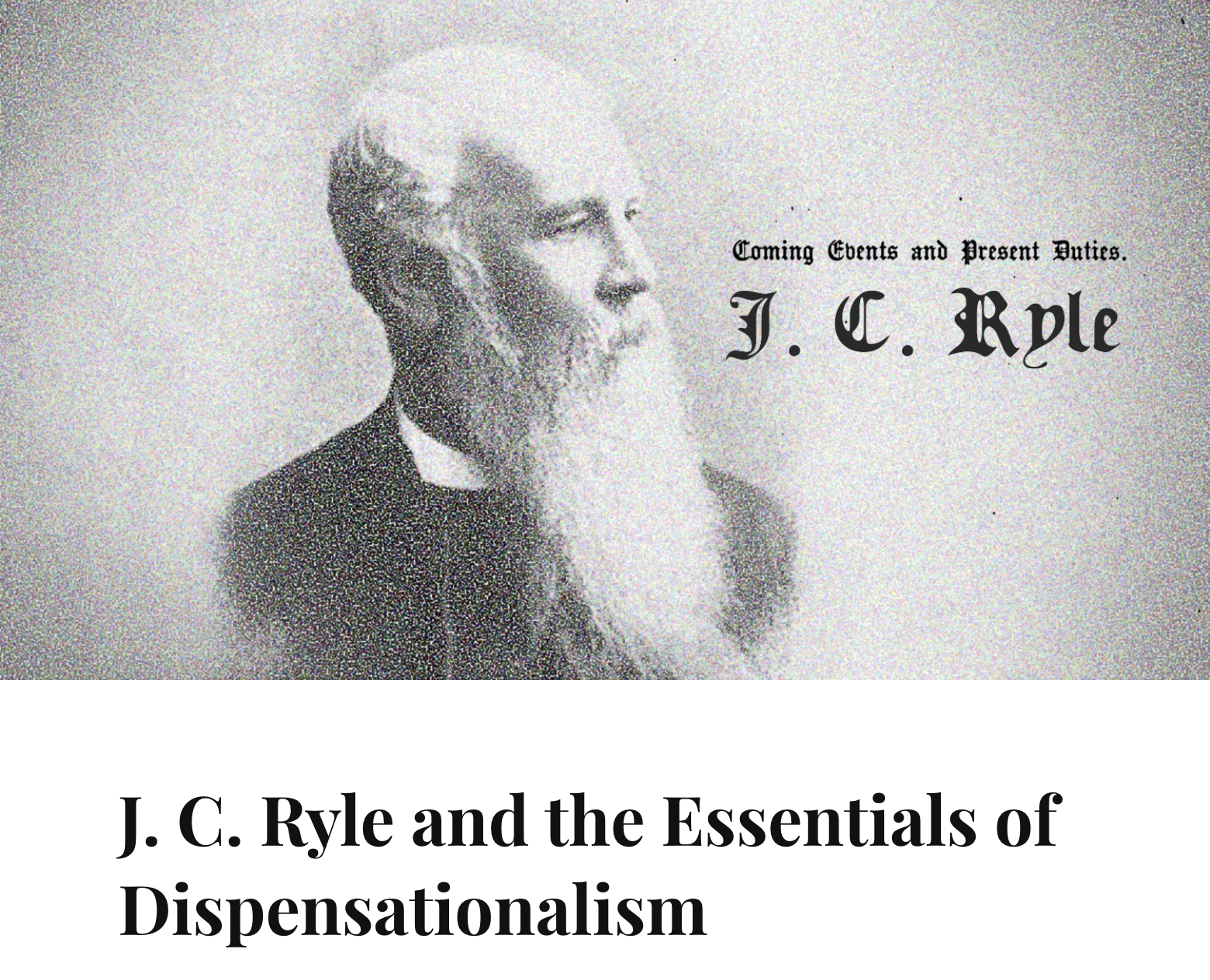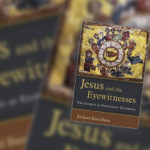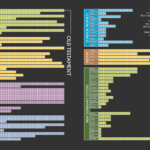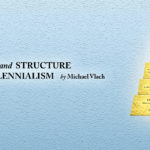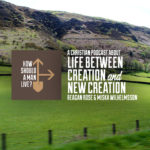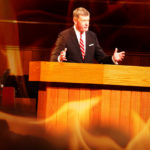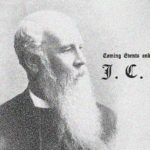Flipped Media produces this high quality short documentary about our family and our homesteading journey here in Sastamala, Finland.
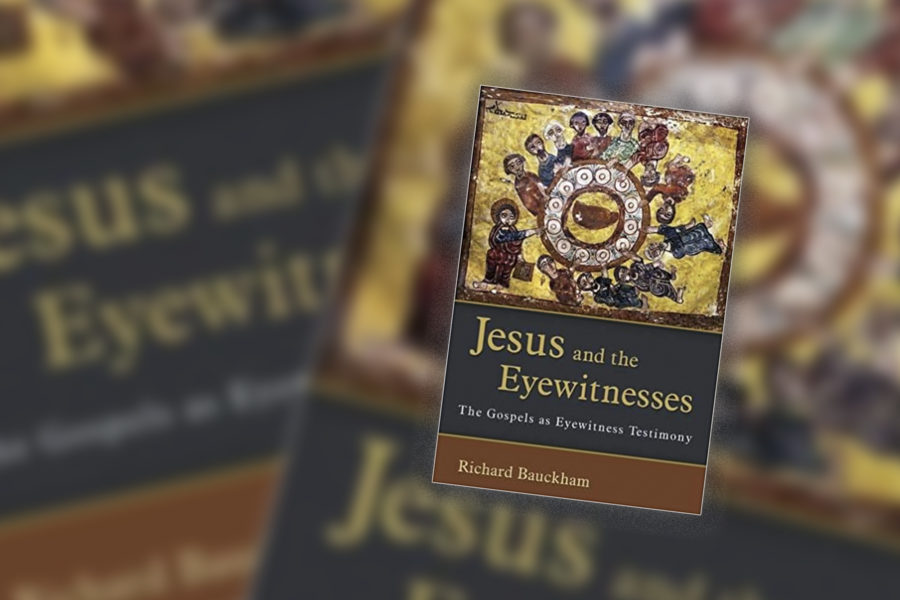
Book: Richard Bauckham. Jesus and the Eyewitnesses: The Gospels as Eyewitness Testimony. Grand Rapids, MI, Eerdmans, 2006, 538 pp.
Reviewed by Miska Wilhelmsson
Richard Bauckham is a well-respected name within the circles of modern New Testament scholarship, and with the views presented in this book, also somewhat controversial. In Jesus and the Eyewitnesses Bauckham seeks to argue for one central point, which goes in almost direct opposition to most current scholarly views on the nature of the gospels, namely that they gospels should be considered as reliable eyewitness testimony. Due to this breath of fresh air in regard to the trustworthiness of the gospel accounts, many Bible believing Evangelicals have understandably been somewhat glad about the release of this scholarly work by Bauckham. However, even though the central theme that Bauckham argues for, the nature of the gospels as eyewitness testimony, the way he argues for many of his conclusions should rightly cause Bible believing Christian to be on guard and avoid being too quick to endorse and recommend this work, as if it presented a strong defense of a traditional Christian understand of the gospels.
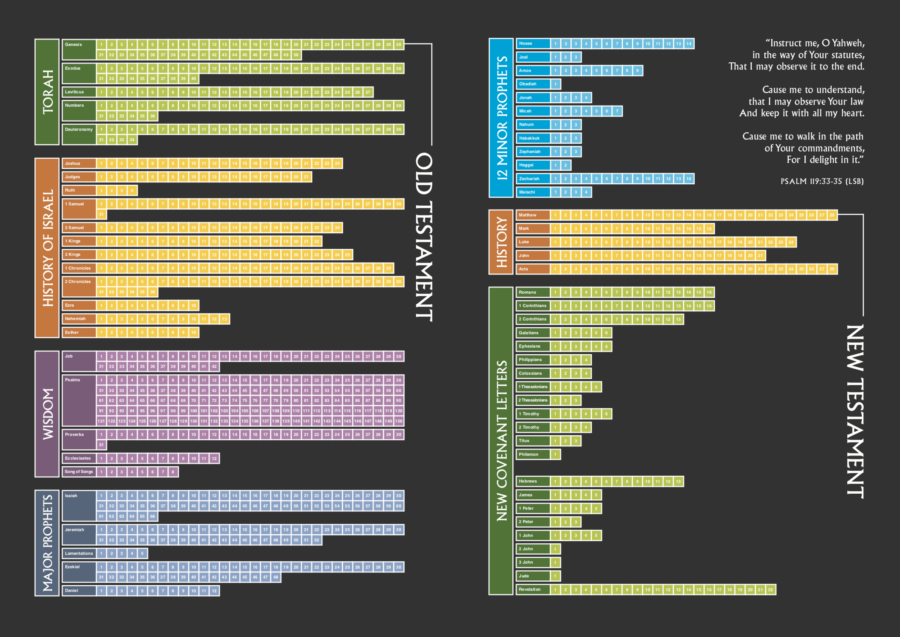
I designed this Bible reading list/chart/plan for our church. You can download the PDF version of the Bible Reading List here. It’s made for A5 booklet size (A4 size folded, and printed both sides). However, most home printers will likely have trouble printing the small chapter numbers clearly (just something to keep in mind). I hope it’s a blessing and help to you in your Bible reading!
When discussing the subject of prayer, the most fundamental question should be, what exactly is prayer? Renowned Bible commentator Matthew Henry rightly explains, “The scripture describes prayer to be our drawing near to God, lifting up our souls to him, pouring out our hearts before him.”[1] Hebrews 10:22 calls us to draw near to God with a sincere heart, in Psalm 25:1 David speaks of lifting up his soul to God and in Psalms 62:8 the people of God are encouraged to pour out their hearts before God.

Question: Are humans made up of a spirit, soul and body? Do we have three parts as a human being? More? Less?
My answer:
This is something that good and godly Christians can have disagreements about. In fact, there are even specific terms for the two major views regarding this issue.
First, there is the ‘trichotomy’ view, which proposes that humans are indeed made up of three different parts (hence the name, which refers to a three part division). These three parts consist are the body, soul, and spirit.
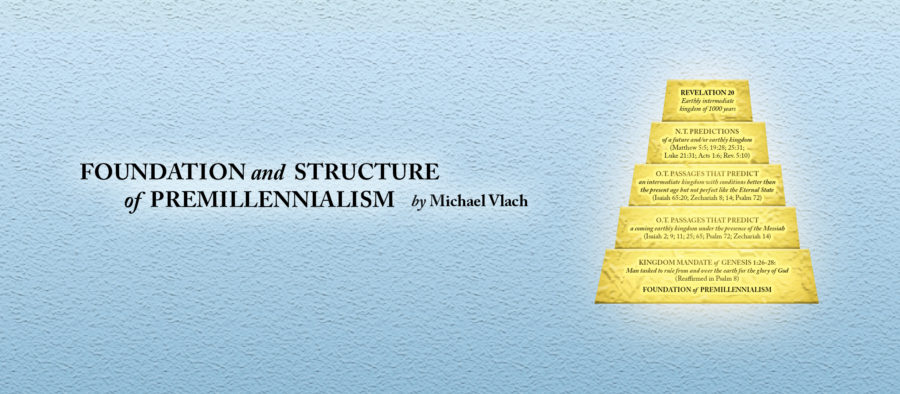
Is premillennialism based only on Revelation 20? Certainly not.
Here’s an excellent overview chart “Foundation and Structure of Premillennialism” by Dr. Michael Vlach.
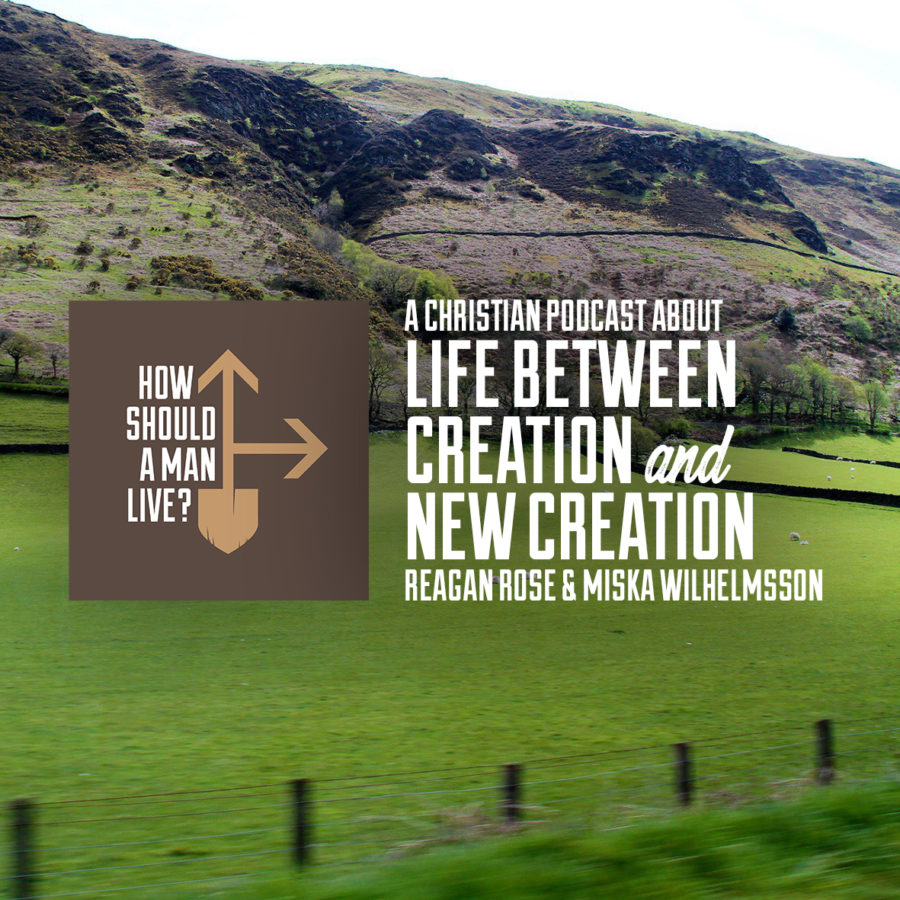
A few months ago, me and my good friend Reagan Rose started a new podcast project. Reagan has been doing podcasts for a while already (check Redeeming Productivity) but for me this was a completely new venture. The podcast is called ‘How Should a Man Live?’ and the first four episodes are available on iTunes, Spotify, Google Podcast, and our website: www.howshouldamanlive.com

What is New Creation Eschatology, and how is it different from what has been called the Spiritual Vision model? How do these models affect our understanding of the Bible, and God’s purposes for mankind? What relevance does it have for daily living as a Christian?
Let’s begin by some basic definitions for both of these models. The Spiritual Vision Model is a term used to describe the general view that would state that God’s ultimate purposes are only spiritual, therefore disregarding the physical realm as somewhat unnecessary or even inherently evil. Whereas, the New Creation Model places emphasis on both the physical and spiritual aspects of God’s creation, disregarding neither of them as evil or unnecessary.
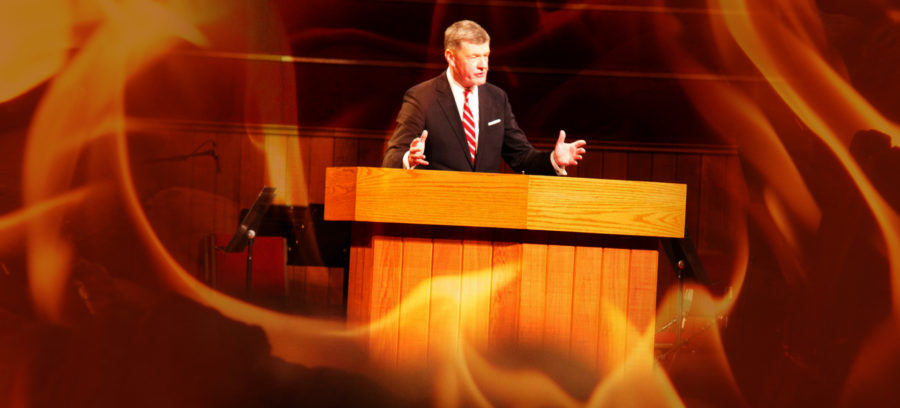
The difference between a lecture and a sermon should be obvious, but sometimes the line gets blurred by preachers who think that it is enough to simply present their exegetical findings to the congregation, without any thought of carefully crafting those findings into the form of a sermon outline that will be easily understandable and helpful to the listener, and then preaching that message with passion and conviction.
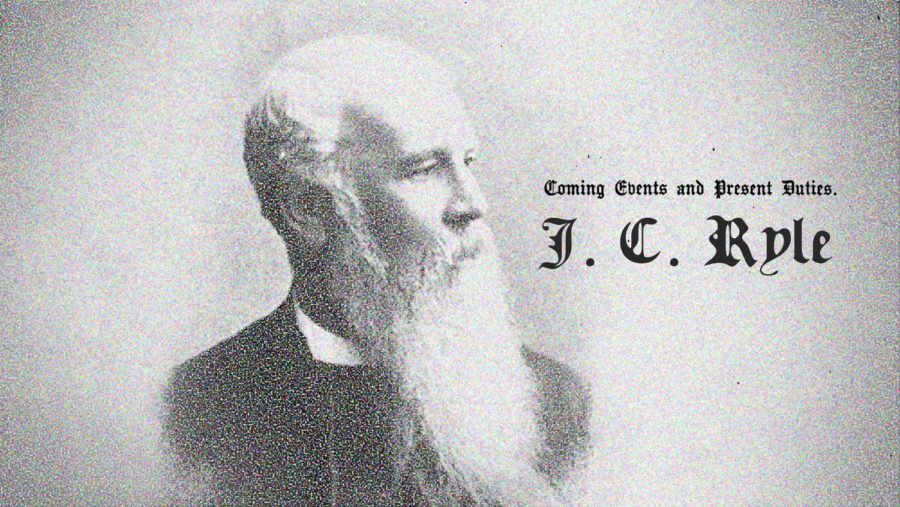
Introduction
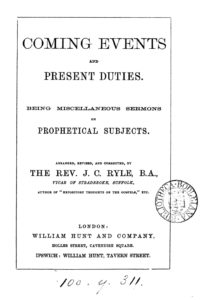 In in the last few decades, there has been a resurgence of interest in the writings of Bishop J.C. Ryle. Particularly his book, Holiness is widely known and beloved by many Christians, and rightly so. Much of this renewed interest has been greatly advanced by Banner of Truth, the main publishing house that has made Ryle’s writings available to a new generation of believers. In fact, almost all the major works by Ryle have indeed been republished by Banner of Truth[1], except for one book, Coming Events and Present Duties: Being Plain Papers on Prophecy which is the only one dealing specifically with his views regarding eschatology. Ryle himself described this book as a compact manual on his views regarding future prophecy.[2] Thankfully this book has been republished by other smaller publishers, but since Banner of Truth is much more widely known, and regarded as the authority on all things Ryle, the book has remained largely in the shadows to the present generation. One cannot state for certain, but it seems very likely that the reason for Banner of Truth not republishing this book by Ryle, is due to the non-premillennial (amillennial and postmillennial) views represented by the publishing house, and since Ryle’s book presents a clear case for premillennialism, it is understandable that the publisher would not be too eager in promoting this. Whatever the reason is for Banner of Truth, it needs to be recognized that this decision of not publishing this eschatological work by Ryle, while yet publishing all his other works, has contributed to the ignorance that exists among Christians, especially in theologically Reformed circles, regarding the somewhat controversial eschatological views of J. C. Ryle. It is also ironic, that already during his own lifetime, Ryle himself noted when republishing this book in 1879 after its initial printing 12 years prior (1867), that some of the chapters which he held to have real worth, had yet received little notice.[3] More importantly, Ryle stated that in his view one of the greatest shortcomings of the modern church was that pastors did not preach enough about the second coming of Christ and his future kingdom.[4] He strongly challenged the readers of his day, that modern Christians have become most unlike the early Christians, in the regard that they tend to completely ignore the doctrine of Christ’s second coming, making it a peripheral issue, whereas the early church placed it as an issue of first importance.[5] Therefore, it is very unfortunate that the book, which Ryle wrote specifically in regard to this woefully neglected doctrine, continues to be largely unknown and neglected even to this present day. When speaking about Ryle, even in the biographies about him, very rarely is there any mention regarding the importance he placed on rightly understanding the second coming of Christ and the nature of his kingdom.
In in the last few decades, there has been a resurgence of interest in the writings of Bishop J.C. Ryle. Particularly his book, Holiness is widely known and beloved by many Christians, and rightly so. Much of this renewed interest has been greatly advanced by Banner of Truth, the main publishing house that has made Ryle’s writings available to a new generation of believers. In fact, almost all the major works by Ryle have indeed been republished by Banner of Truth[1], except for one book, Coming Events and Present Duties: Being Plain Papers on Prophecy which is the only one dealing specifically with his views regarding eschatology. Ryle himself described this book as a compact manual on his views regarding future prophecy.[2] Thankfully this book has been republished by other smaller publishers, but since Banner of Truth is much more widely known, and regarded as the authority on all things Ryle, the book has remained largely in the shadows to the present generation. One cannot state for certain, but it seems very likely that the reason for Banner of Truth not republishing this book by Ryle, is due to the non-premillennial (amillennial and postmillennial) views represented by the publishing house, and since Ryle’s book presents a clear case for premillennialism, it is understandable that the publisher would not be too eager in promoting this. Whatever the reason is for Banner of Truth, it needs to be recognized that this decision of not publishing this eschatological work by Ryle, while yet publishing all his other works, has contributed to the ignorance that exists among Christians, especially in theologically Reformed circles, regarding the somewhat controversial eschatological views of J. C. Ryle. It is also ironic, that already during his own lifetime, Ryle himself noted when republishing this book in 1879 after its initial printing 12 years prior (1867), that some of the chapters which he held to have real worth, had yet received little notice.[3] More importantly, Ryle stated that in his view one of the greatest shortcomings of the modern church was that pastors did not preach enough about the second coming of Christ and his future kingdom.[4] He strongly challenged the readers of his day, that modern Christians have become most unlike the early Christians, in the regard that they tend to completely ignore the doctrine of Christ’s second coming, making it a peripheral issue, whereas the early church placed it as an issue of first importance.[5] Therefore, it is very unfortunate that the book, which Ryle wrote specifically in regard to this woefully neglected doctrine, continues to be largely unknown and neglected even to this present day. When speaking about Ryle, even in the biographies about him, very rarely is there any mention regarding the importance he placed on rightly understanding the second coming of Christ and the nature of his kingdom.
The purpose of this article is to identify the essentials of Ryle’s eschatology, and then compare those to the essentials of modern dispensationalism, in order to see if Ryle could indeed be described as dispensational in his views relating to prophetic truth.

